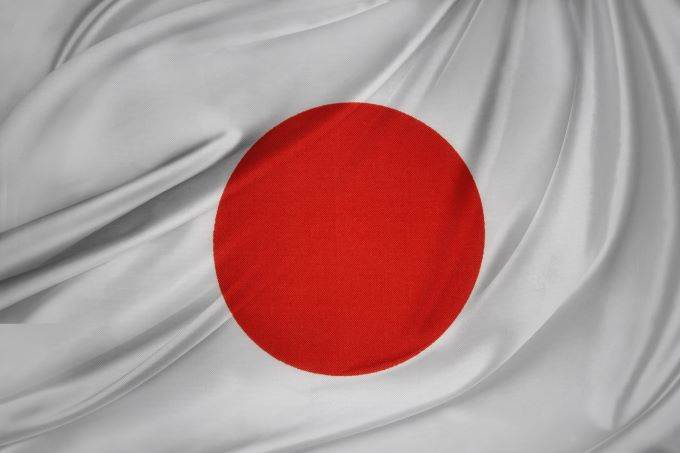The Japanese Cabinet Office recently released its monthly economic assessment. In the report, they claim that the economy was recovering at a moderate pace.
 "An increased weakness centered on manufacturers remains intact amid continued softness in exports," they stated in their report, adding that the virus outbreak is the biggest risk to the economy and that the Japanese government should pay attention to the diverse impacts to Japan's economy.
"An increased weakness centered on manufacturers remains intact amid continued softness in exports," they stated in their report, adding that the virus outbreak is the biggest risk to the economy and that the Japanese government should pay attention to the diverse impacts to Japan's economy.
This economic weakness can be mostly linked to a weak factory production. They foresee it to remain that way for a while, as long as the virus keeps affecting the Chinese economy and disrupting the global supply chain. The exports were also sluggish.
On the other hand, consumer and capital spending were increasing, nevertheless, the later was showing some weaknesses.
After the report was released, the Japanese economy minister Yasutoshi Nishimura said that his biggest concern at the moment was the coronavirus epidemic.
"My biggest concern now impacts from coronavirus outbreak," he said, adding that he was closely watching the effects on corporate activity.
The Bank of Japan's governor Haruhiko Kuroda added that investors risk aversion went up in January due to the outbreak, which made the Japanese market face big fluctuations.
"Investor risk aversion grew in January due to the coronavirus outbreak, the market faced big fluctuations since then," he said, "Volatility remains high in global markets, we are paying maximum attention to the economic impact of coronavirus outbreak," he added.
The Japanese economy contracted in the last quarter of 2019, as the Gross Domestic Product went down 1.6 percent. Industrial production fell by 3.1 percent in December (year-to-year), while imports and exports fell by 3.6 and 2.6 percent respectively in January.
By 10:27 GMT the US dollar went up by 0.54 percent against the Japanese Yen, hitting the 111.95 level.
